An introvert is a person characterized by specific personality traits. Introversion is a trait that describes a part of someone's personality that has to do with interpersonal relationships. The concept of introversion was described by Carl Jung, who described the term as directing attention and energy inward toward one's inner thoughts and experiences.
In the pattern of psychological types, introversion and extraversion is two opposing personality types. Most people have introverted and extroverted traits, predominating towards one of these types. There are ambiverts located more or less in the middle of the spectrum. Introverts, like all people, vary.
However, they usually share a few traits that psychology professionals have selected. Introversion affects various spheres of life, especially interpersonal relationships and leisure activities. Introversion is a deeply rooted personality trait that cannot be changed. Therefore, it is helpful to accept one's differences and know how to deal with one's personality to maintain mental well-being.

According to many psychological theories, a personality trait is permanent and does not change throughout life. Personality traits are relatively permanent patterns of feelings, thoughts, and behavior. Everybody has a different personality, characterized by various sets of traits. The trait of introversion is not susceptible to change, and many researchers believe that people have a certain level of introversion-extroversion throughout their lives that remains constant.
Personality traits can develop in childhood and adulthood, so they are characterized as ‘relatively enduring.' In the past, psychological researchers believed that personality traits could not change in adulthood. Nowadays, they postulate new assumptions indicating that personality traits can change in late adulthood![]() . How much personality change depends on a person's circumstances.
. How much personality change depends on a person's circumstances.
Innate and environmental factors can influence Therefore, forming a particular personality type. However, childhood experiences are significant for personality formation. Factors such as upbringing, childhood traumas, and early relationships with others can shape a strongly stable personality type, which can influence later social relationships.

Authors dealing with psychological guesswork have variously defined introversion. Carl Jung, a prominent Swiss psychologist, first gave the term. Subsequently, his theories were re-examined by researchers such as Eysenck, Costa, McCrae. To better understand the concept of introversion from a psychological perspective, it is worth citing the most important theories related to personality.
Psychological type is a theory created by Carl Gustav Jung, who distinguished between introversion and extraversion. He picked this terminology because, in Latin, introversion means inward-facing, while it means outward-facing. It is fundamental to understanding how introverts and extroverts act and think. Jung further distinguished four personality functions, which are described as further opposites. Jung described 16 personality types. Today, the theory created by Jung is still popular and used to describe people's personalities. Based on Jung's conclusions, two researchers developed the MBTI (Myers-Briggs Type Indicator).

Hans Eysenck developed a theory that states three dimensions of personality exist. Eysenck's theory is based on biological factors, and the author argues that people inherit a type of nervous system that influences their ability to learn and adapt to their environment. Males identified the following personality dimensions: psychoticism, extraversion, and neuroticism, which make up the acronym PEN. Each factor has a bipolar dimension, meaning each has its opposite. In the case of extraversion, the opposite is introversion.
As the name suggests, the Big Five pattern is a five-factor model. Paul Costa and Robert McCrae developed it. This model is one of personality psychology's most essential and widely used patterns. The five key dimensions are suitable for describing human temperament. The Big Five is based on the fact that personality can be divided into five independent traits. Knowing how each trait manifests in an individual allows us to understand their personality. In the pattern, in addition to the five traits, there is extraversion, which refers to the level to which an individual is friendly, energetic, and active. Low levels of extraversion indicate introversion. In this pattern, personality remains stable in all situations.

The main difference between introversion and extraversion is how individuals recover their energy. Everybody needs social relationships, but the effects of these relationships differ for introverts and extroverts. These personality types affect building social relationships, the need for solitude, and recovery time.
Traits of an introvert can include:
The basis of introversion is that introverts draw their energy from within. This means that people with this personality trait tend to focus on the inner world of thoughts and feelings and spend a lot of time analyzing their inner thoughts. For introverts, external thoughts, feelings, and experiences are important, whereas extroverts focus on other people and the external environment. As a result, introverts are more introspective![]() . They are interested in deep feelings in relationships with others.
. They are interested in deep feelings in relationships with others.

Introverts may also be more empathetic due to their frequent analysis of feelings and need to think deeply. Introverts are, therefore, sensitive and caring. It is qualities like these that make people with this personality type possess the ability to listen![]() carefully. Introverts are characterized by understanding and a willingness to help. However, these traits can be weakened when an introvert loses too much energy due to excess stimuli.
carefully. Introverts are characterized by understanding and a willingness to help. However, these traits can be weakened when an introvert loses too much energy due to excess stimuli.
Introverts are perceived as quiet and cautious people. They analyze a lot as they like to stay in an inner world of thoughts. Everybody's problem requires a careful approach and a lot of thought. Introverts can be self-sufficient![]() and self-actualizing. However, introverts are also often characterized by shyness. In various studies, introversion is usually linked to withdrawal and low self-esteem
and self-actualizing. However, introverts are also often characterized by shyness. In various studies, introversion is usually linked to withdrawal and low self-esteem![]() . Introverts are, therefore, characterized by a high degree of caution in decision-making. It may be accompanied by low spontaneity and a desire to act according to a previously established plan.
. Introverts are, therefore, characterized by a high degree of caution in decision-making. It may be accompanied by low spontaneity and a desire to act according to a previously established plan.
Introverts need social relationships in their daily functioning. However, they are more selective in their choice of companions and type of relationship. Introverts tend to focus on deeper relationships. Quality rather than quantity of interpersonal relationships is more important to them. In addition, introverted people need more time to themselves. They can work in groups![]() and engage, but they need a break from interacting with others to a greater extent.
and engage, but they need a break from interacting with others to a greater extent.
The greater need for solitude in introverts is related to energy resources drawn from within. Introverts feel regenerated after relaxing in solitude, whereas social interactions drain their energy. Consequently, when over-stimulation![]() from social relationships affects exhaustion, introverts withdraw to be alone and renew their energy reserves. In such situations, introverts focus on their hobbies, which they indulge in alone. Unlike introverts, extroverts get bored quickly in solitary situations and draw energy from social interactions.
from social relationships affects exhaustion, introverts withdraw to be alone and renew their energy reserves. In such situations, introverts focus on their hobbies, which they indulge in alone. Unlike introverts, extroverts get bored quickly in solitary situations and draw energy from social interactions.

Introversion is a constant trait that affects daily functioning and all aspects of life. Introverts seek different social contacts, which results in other experiences of close relationships and working life. Introverts also have different tendencies in the way they spend their free time.
Introverts may choose a potential partner for a romantic relationship differently from extroverted people. Usually, people are matched based on similarities, meaning an extroverted person will also prefer a relationship with an extrovert. In general, introverts may find it more challenging to establish close relationships. It may be related to introverts showing less trust in other people. However, being an introvert does not indicate anti-sociality.
Introverts tend to derive more satisfaction in workplaces with low to moderate levels of interpersonal interaction. Because of their different social interaction approaches, introverts may encounter more work-related problems. There is still a perception in many workplaces that an extroverted personality is ideal in modern Western cultures, while introverts are viewed negatively by employers. However, being an introvert does not mean being a bad employee. Introverts can be highly productive and creative in the workplace. Introversion, although associated with some difficulties, can be associated with many positive qualities and skills.

In the modern world, introversion can impact everyday functioning. Studies have noted that, statistically, introversion is often combined with the trait of neuroticism. Neuroticism in introverts increases susceptibility to experiencing negative emotions, which can affect well-being and life satisfaction. Constructs that may overlap with introversion also include problems with solitude and social anxiety. However, it is important to remember that introversion is a broad spectrum and that each introvert has many different personality traits that affect daily functioning.
Some people may struggle to identify their place on the introversion and extroversion spectrum. Everyone can have both introverted and extroverted traits. Extraversion determines which term best describes their personality. However, some people need to decide which side has the trait advantage. A solution has also been found for such people by pointing to ambivertism![]() . Analysts of the problem have noted that personality is very complex and that two types, defining only introverts and extroverts, are not enough to describe all individuals.
. Analysts of the problem have noted that personality is very complex and that two types, defining only introverts and extroverts, are not enough to describe all individuals.

Ambiverts, therefore, are those individuals who fall between the extremes of introversion and extroversion. The summation of their extrovert and introvert traits is at about the same level. Therefore, in some cases, ambiverts may act in extremes. The extremes in thinking, perceiving, and behaving relate to introversion or extroversion. Consequently, their approach to interpersonal interactions can be very complex and complicated. However, ambiverty is a rarely studied personality trait, with little research.
Along with the extrovert and introvert, the ambivert is another personality type distinguished in psychology. Ambiverts are well-organized people, focused on their inner self but within certain limits. They can also find their way around people well, being more sociable than introverts. An ambivert shows introverted traits, such as a need for solitude. Still, it is considered to be a person who, depending on the situation, can find themselves and not feel uncomfortable or lose energy in the process.
Introversion is a specific character trait that can be confused with different psychological entities. A decreased desire for social contact and a certain level of isolation may indicate an anxiety-related disorder. Studies have also noted that anxiety traits are correlated with neuroticism and introversion, which means that being an introvert is at risk for anxiety disorders. People with high scores of neuroticism and introversion are more likely to experience anxiety. However, introversion can be misdiagnosed, where the source of feelings and behaviors may be a disorder rather than a personality type.

Social anxiety![]() is a mental health violation that involves anxiety experienced during social interactions. People experiencing this type of anxiety may find it challenging to engage in interactions, especially if they do not know people. Severe discomfort often causes avoidance of social interactions and isolation, resulting in lower life satisfaction. People suffering from social anxiety are primarily afraid of being judged negatively. Consequently, in interactions, they over-control their behavior and analyze mistakes.
is a mental health violation that involves anxiety experienced during social interactions. People experiencing this type of anxiety may find it challenging to engage in interactions, especially if they do not know people. Severe discomfort often causes avoidance of social interactions and isolation, resulting in lower life satisfaction. People suffering from social anxiety are primarily afraid of being judged negatively. Consequently, in interactions, they over-control their behavior and analyze mistakes.
On the other hand, introverts do not avoid interactions because of anxiety but because of a lack of energy. They also do not fear being judged unless they are both introverted and anxious.
The term introversion was first used by the Swiss psychiatrist Carl Jung. At the time, he defined the introverted personality through the prism of how an individual obtains energy. According to this theory, introverts derive energy from within, focusing on thoughts and emotions. What is important to people with introverted personalities that the fact that they are more likely to spend time alone at home does not imply a fear of interacting with other people.
Table of Contents
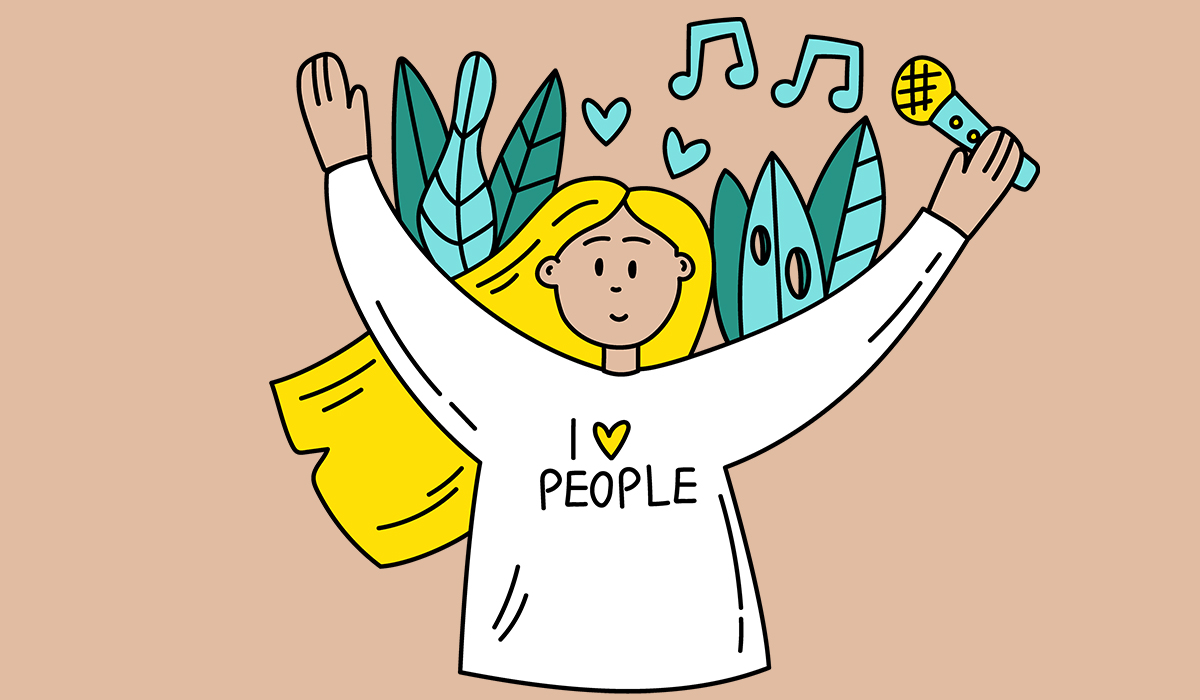
An extrovert is an open and sociable person. The characteristics of this personality type affect various aspects of life. Find… read more »

Borderline Personality Disorder is a severe psychological case that requires appropriate treatment. Learn what type of therapy is available for… read more »
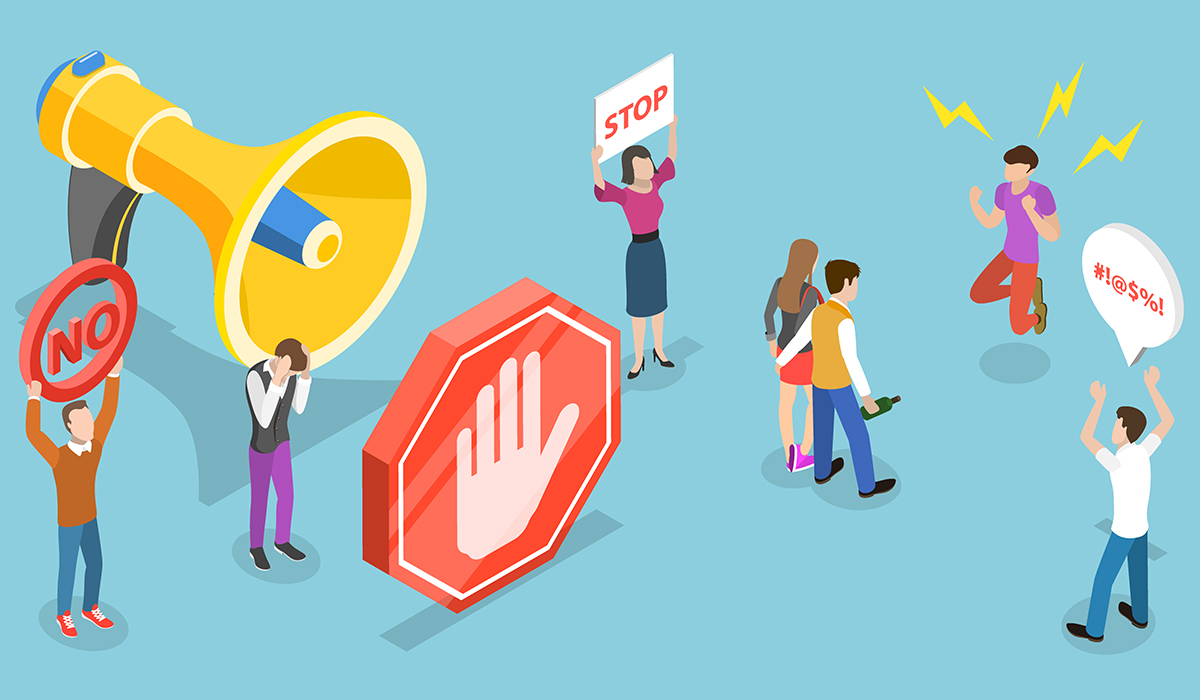
Antisocial personality disorders are mental dysfunctions that result in abnormal behavior of the individual. What are the typical behaviors? read more »

What are the signs of narcissistic personality disorder? Learn, when it is time to start therapy. Check out, the ways… read more »
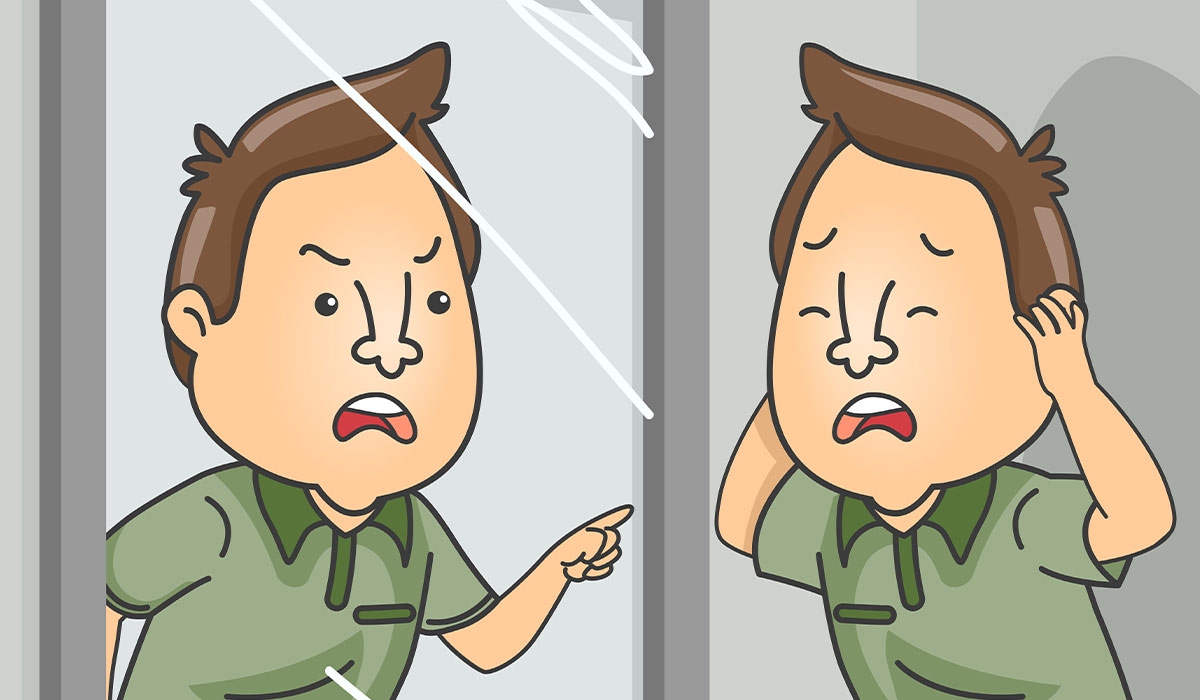
Dissociative identity disorder Ii is characterized by the presence of at least two independent and different personalities in one person.… read more »

Anxiety is characterized by persistent worry and fear that are more intense that they would normally be. What are its… read more »
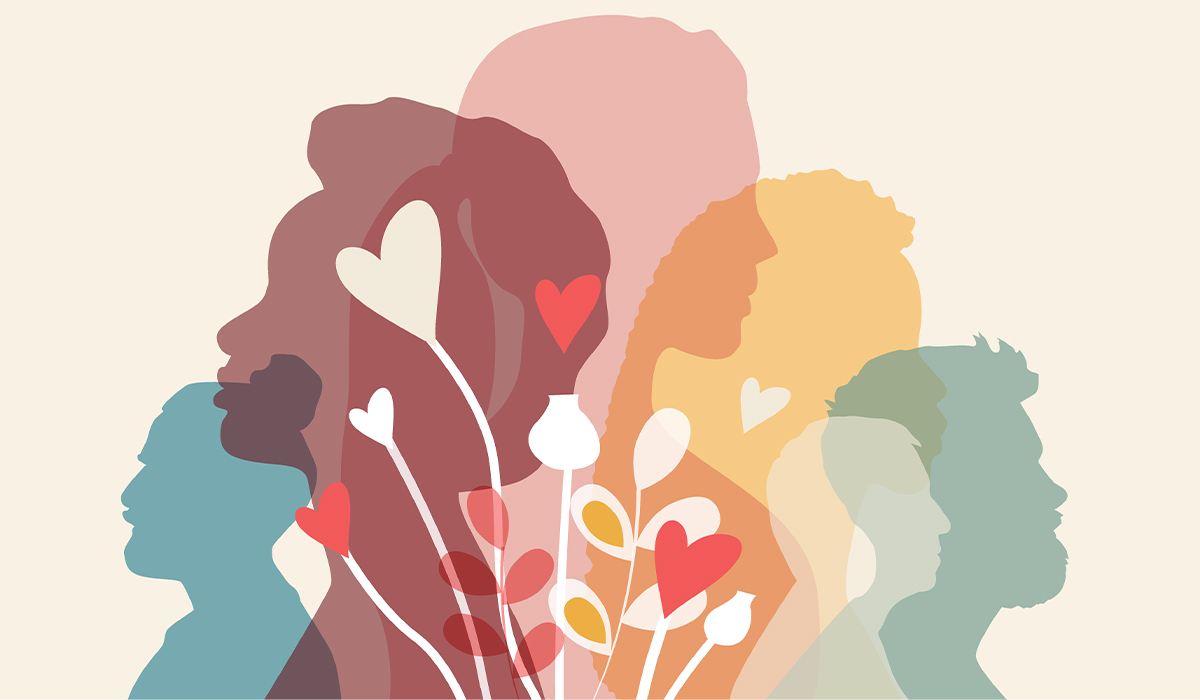
Mental health is the foundation of a good life. Learn strategies on how to improve your mental well-being. Create a… read more »
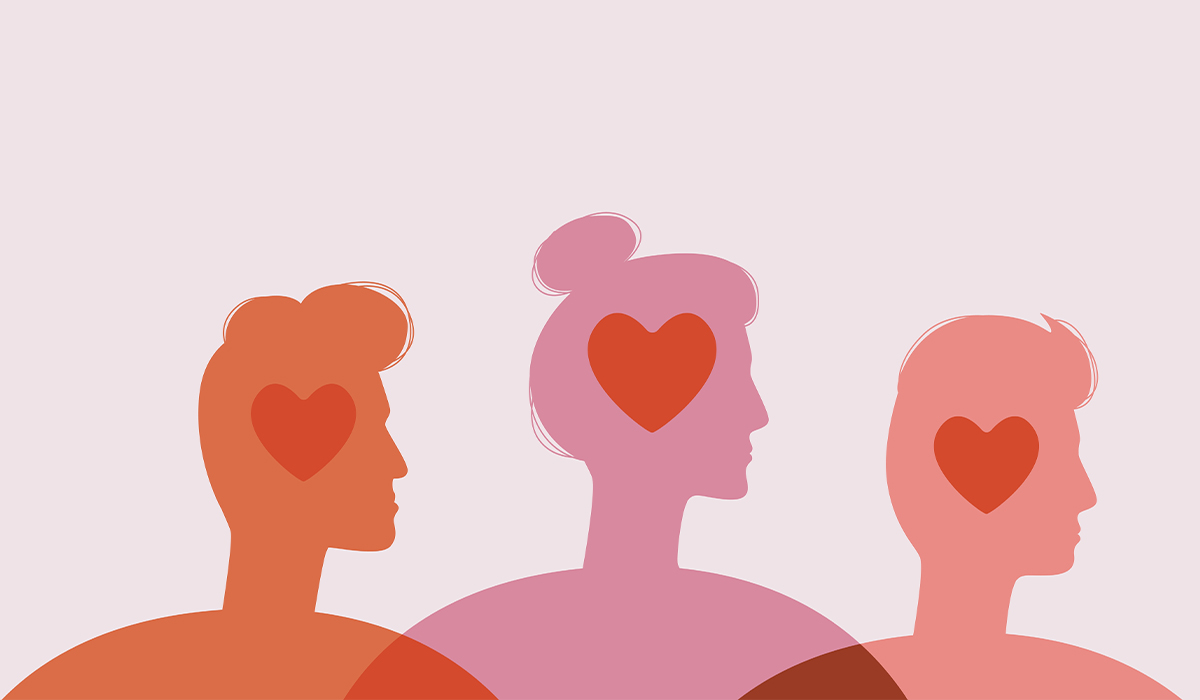
Being polyamorous means having relationships with two or more partners. It is not a mental disorder. What does a polyamorous… read more »

Anxiety is an an emotional state characterized by a sense of insecurity and undefined discomfort. Check out, what are its… read more »